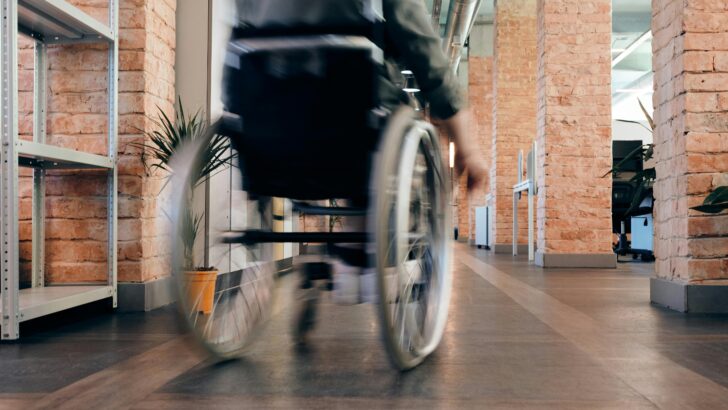In 2018, Ireland ratified the UN Convention on the Rights of Persons with Disabilities after over a decade of procrastination. The argument was that the Government did not want to make international commitments until it was ready to do so.
Since then, progress on disability rights has been, to say the least, miserable. On January 24 this year, the Joint Oireachtas Committee on Disability Matters launched its report, towards harmonisation of national legislation with the United Nations Convention on the Rights of Persons with Disabilities
Looking somewhat like a school report, some ‘good progress’ is noted initially, but then it appears like the government lost interest along the way. Progress has been made on mostly what would be considered as areas of signalling intent – equality, women with disabilities, and awareness raising. No progress is made on substantive areas such as the right to life, accessibility and mobility. Regression is highlighted in areas of significant individual importance: health and independent living.
Ireland has also failed to ratify the Additional Protocol to the Convention which would allow people with disabilities to take their case to the UN if they felt their rights under the Convention have been violated by the Government.
No good reason has been provided for this but the number of cases being brought by people with disabilities and their families or carers who have seen a failure by the government to meet their basic needs is indicative of how vulnerable the Government would be to any cases that would be brought to the UN under the Optional Protocol.
It appears that the approach taken by the government under ‘Progressing Disability Services’ has been a failure because of a lack of resourcing and poor design. Representative organisations for people with disabilities, including Down Syndrome Ireland, have called for significant reforms.
The feeling is that the government does not want to listen. The Joint Oireachtas Committee on Disability Matters has struggled to get its colleagues with Ministerial responsibilities and those who hold the public purse to put disability rights front and centre.
If this cross-party group of elected representatives cannot do it, then what chance have people with disabilities, and their families and carers – and even their under-funded representative groups – of being heard, when they are forced to struggle beneath an umbrella of inadequate support services?
Independent Living Movement of Ireland (ILMI) – a group of people with disabilities – launched their ‘Manifesto for Change: Disabled People Taking Control of State-Funded Disability Services” last week. They are calling for people with disabilities to have far more say – indeed the final say – in how state funds for disability are spent.
As it stands, over €2.2bn in expenditure on disability services is provided by and decided by able-bodied people. ILMI is calling for disabled people to be in control of the organisations that the State funds to provide disability services. Until that happens, they feel State-funding will continue to be used to provide segregated services that limit choices, paternalise them and deny their rights to agency.
No other group would stand for their choices being decided by others. In an era of equality and choice, every identity groups calls for representation, for ‘nothing about us, without us’. If disability rights carried the same weight as the rights of other identity groups, the government – or able-bodied people – would not get away with monopolising and controlling services for disabled people.
But it appears to be worse than that. It is disturbing to hear of the government taking costly court cases and against families of children with disabilities and using the threat of court action and discontinuation of services to prevent criticism by parents and families of the government approach to disability services.
This is something at odds with the social contract between people and their government. When the State uses its unlimited resources to either threaten or wear down vulnerable citizens who have had their rights violated by arms of the State, the best result is justice delayed. And as the saying goes, that is justice denied.



